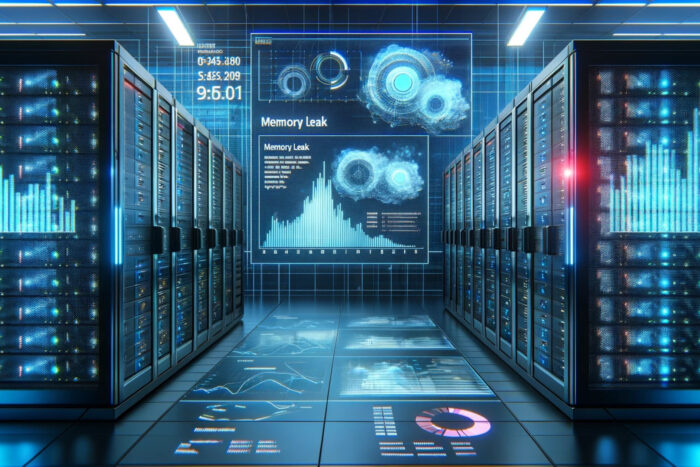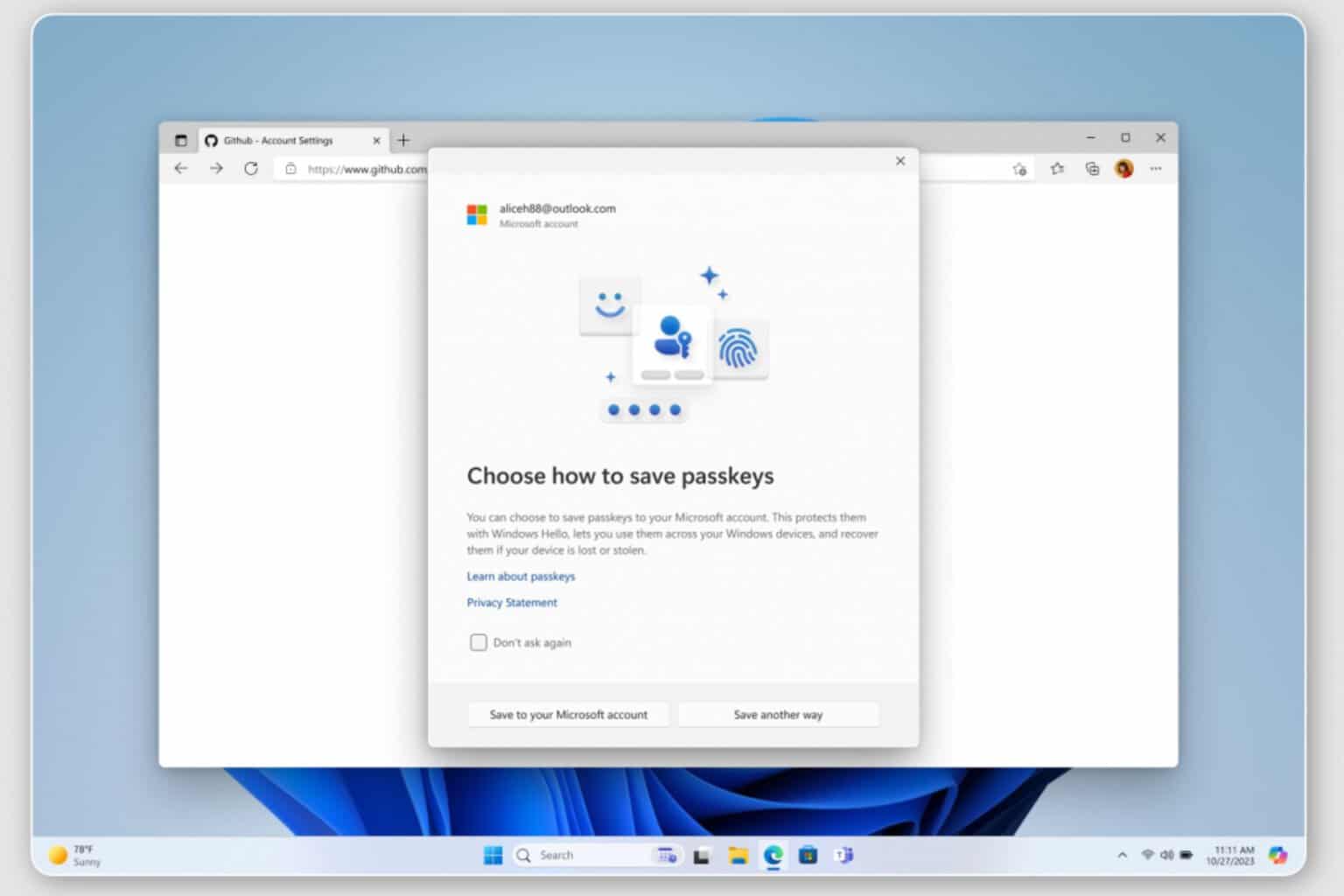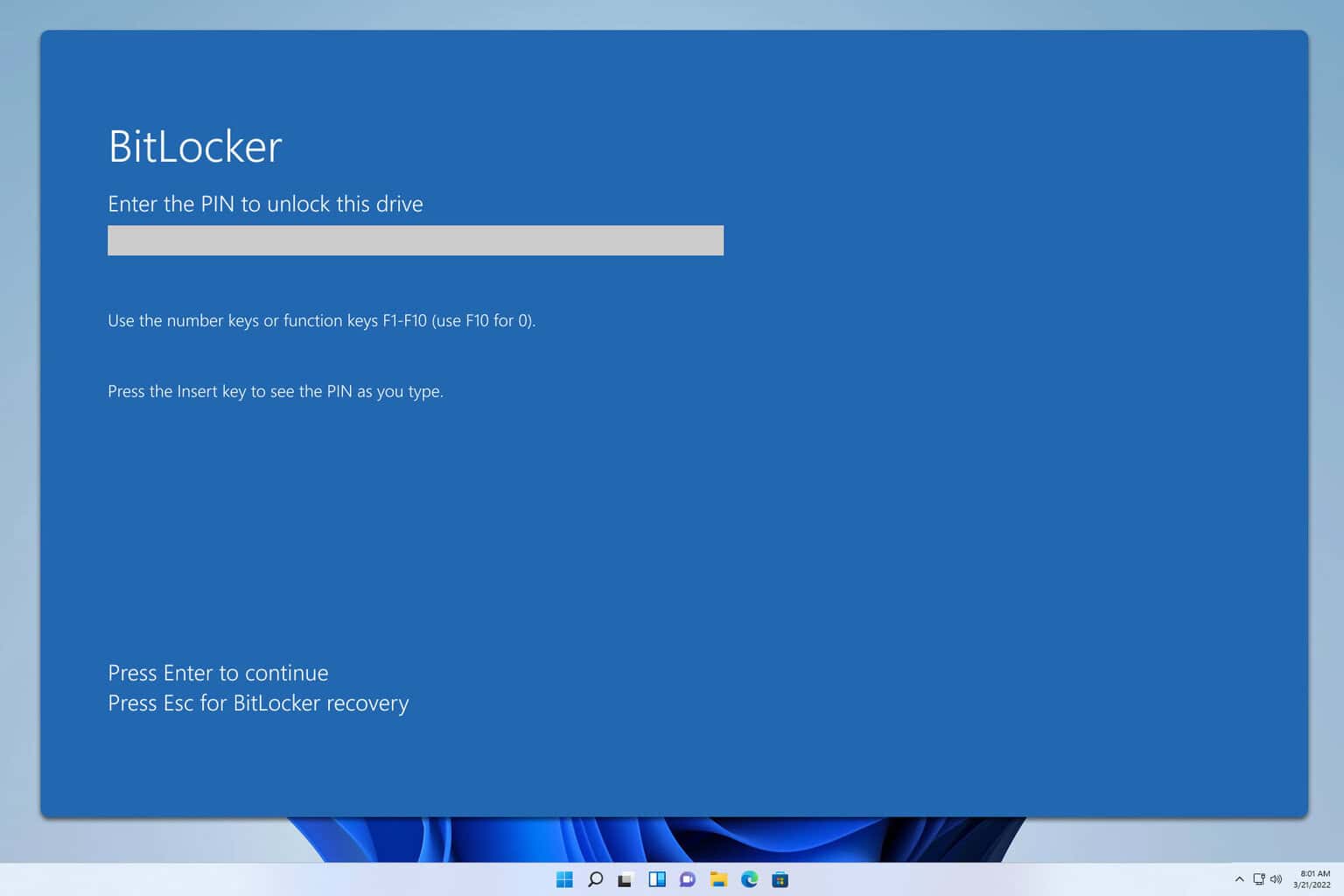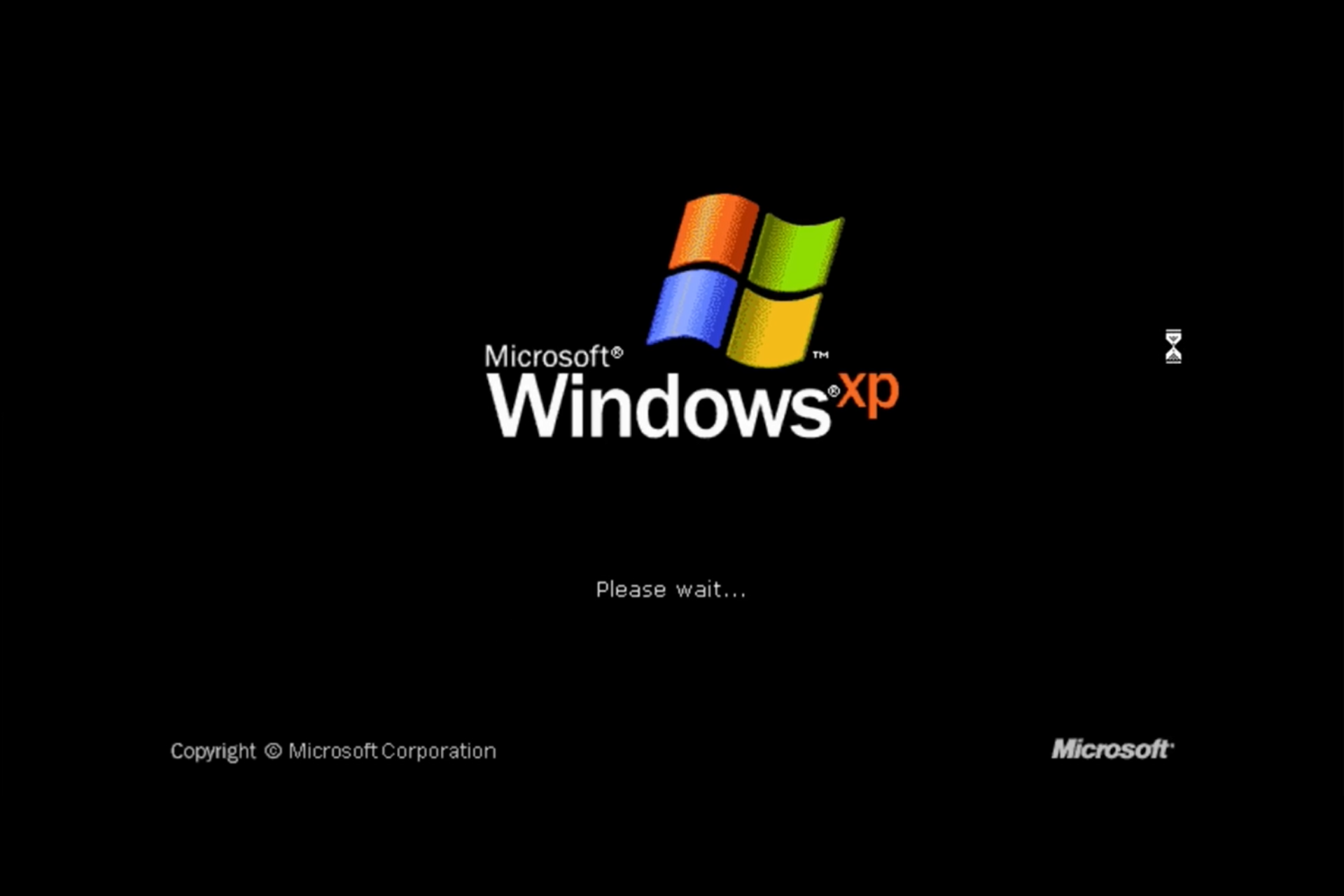Microsoft fixes the Windows Server LSASS memory leaks with new updates
The LSASS memory leaks and crashes should be gone now
2 min. read
Published on
Read our disclosure page to find out how can you help Windows Report sustain the editorial team. Read more

Right after the KB5035857 was released to patch Windows Server, Microsoft acknowledged an issue with Kerberos requests on domain controllers may cause LSASS memory leaks. Now, Microsoft announced that it has fixed this problem with KB5039227 and KB5039217 for Windows Server 2022 and 2019, as part of the June Patch Tuesday update.
More information about the new Windows Server patches
The KB5039217 update is important for those who are managing Windows Server 2019 because it fixes a problem where the LSASS process would crash and restart servers after installing April 2024 updates. Along with solving the LSASS predicament, this upgrade adjusts the version of curl.exe and repairs a memory leak in lsass.exe when LSARPC calls are made.
Now, let’s talk about Windows Server 2022. This KB5039227 update contains all the improvements from the 2019 one and brings thirteen more changes to the table. It handles stuff like boosting SMB over QUIC client certificate authentication and fixing issues with Outlook and OneNote search on Azure Virtual Desktops.
Fixes for things such as Windows Hello for Business, Microsoft Edge UI, Storage Spaces Direct are also included in this update along with a solution for Containers stuck in ContainerCreating status. But, there’s a little disturbance in the smooth water. When you attempt to swap your profile picture, a 0x80070520 error might appear.
This update also fixes a problem with Server Message Block (SMB) over Quick UDP Internet Connections (QUIC), another issue that could lead to network failure when using Storage Spaces Direct (S2D) and Remote Direct Memory Access (RDMA).
We’ll be your eyes on the field when it comes to these updates because oftentimes, although they bring some improvements, they also create new problems anyone never knew existed before. And yes, if something goes wrong after the updates, let us know about this in the comments below.








User forum
0 messages